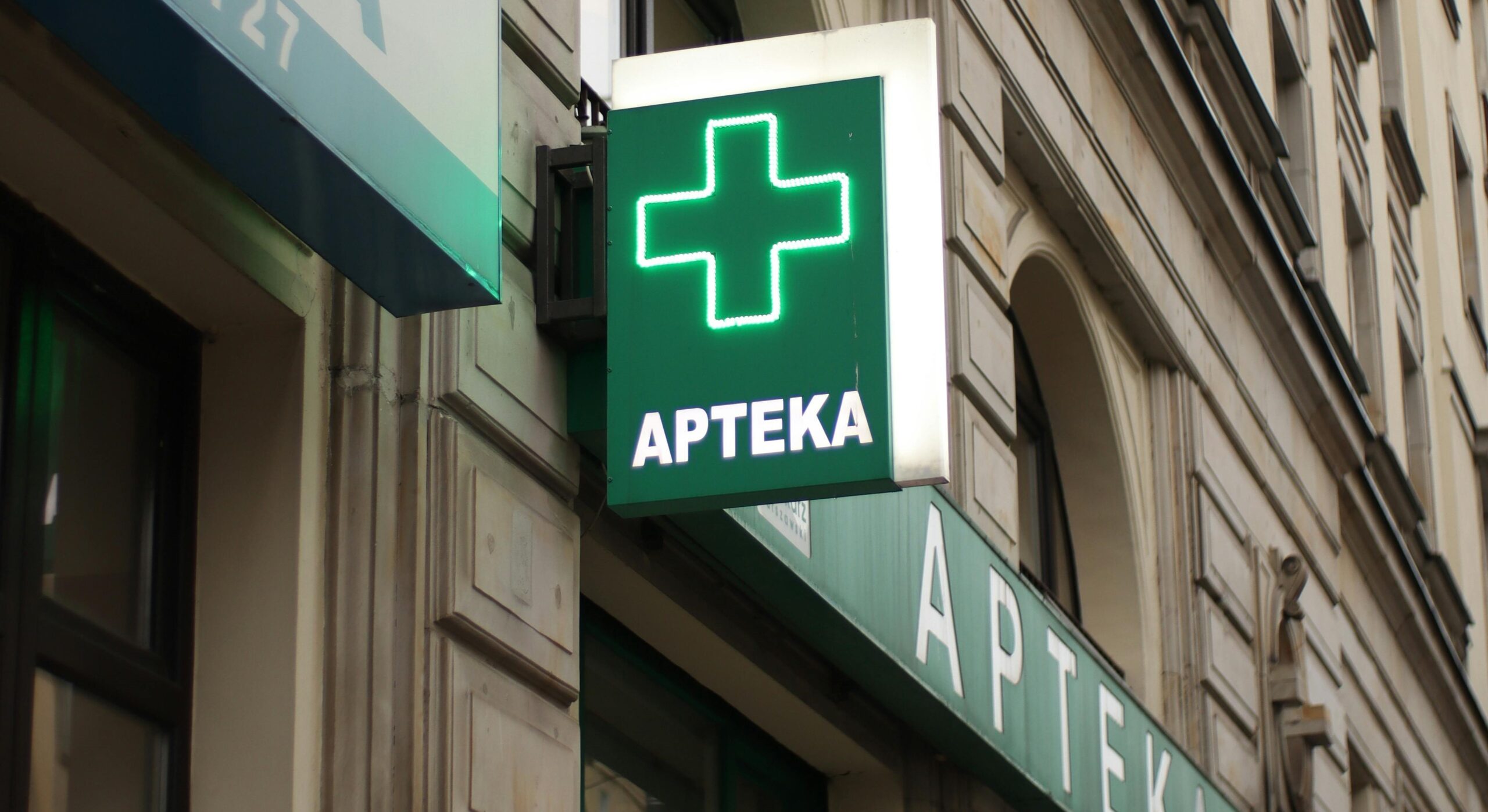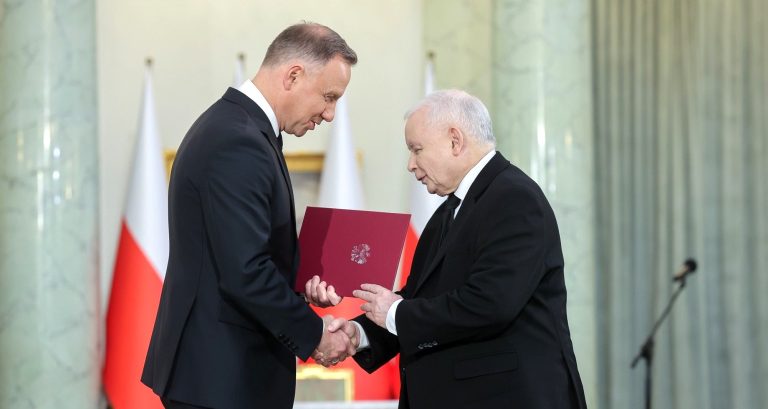Poland labels pharmacies providing morning-after pill without doctor’s prescription

Poland’s health ministry has introduced a labelling system for pharmacies that can provide women with the morning-after pill without requiring a doctor’s prescription.
The pharmacies are part of a pilot programme that allows pharmacists to prescribe the medication without the involvement of a doctor. The measures were introduced by the government in response to conservative President Andrzej Duda vetoing a bill that would have introduced prescription-free emergency contraception.
The hundreds of pharmacies around the country that are offering the new service will now have a physical marking outside their place of business and will also appear on an interactive map published by the health ministry.
Interactive map of pharmacies offering emergency contraception without a doctor’s prescription
Restoring prescription-free access to the morning-after pill was one of the electoral promises made last year by the centrist Civic Coalition (KO), the largest group in the new ruling coalition that took power in December.
In 2017, the previous national-conservative Law and Justice (PiS) government had made Poland one of only two EU countries – the other being Hungary – that require a prescription to obtain emergency contraception.
PiS argued that such medication can have side effects and should only be administered under medical supervision. However, women’s rights groups note that the obligation to consult a doctor significantly reduces access to emergency contraception, which must be taken soon after sexual intercourse to be effective.
Under the PiS government, Poland repeatedly ranked as the EU’s worst country for access to contraception in the annual Contraception Policy Atlas published by the European Parliamentary Forum for Sexual and Reproductive Rights.
Poland has been ranked as the worst country in Europe for contraception https://t.co/qfXBsgCuTt
— Notes from Poland 🇵🇱 (@notesfrompoland) February 10, 2022
In January, the new government approved a bill to restore prescription-free access to one specific drug, EllaOne – a brand name for the ulipristal acetate – which works by preventing fertilisation if taken shortly after sexual intercourse.
The bill was subsequently approved by parliament, where the ruling coalition has a majority. However, opponents raised doubts about the fact that the proposed law would make the medication available to those aged 15 and above (Poland’s age of sexual consent).
That resulted in President Andrzej Duda, a PiS ally, vetoing the law in March. He called the morning-after pill a “hormonal bomb” and claimed that “no convincing arguments were made in favour of the over-the-counter availability of contraceptives for women under the age of 18”.
The president has vetoed a bill restoring over-the-counter access to the morning-after pill. He made the decision to „protect the health of children”.
Poland therefore remains one of only two EU states requiring a prescription for emergency contraception https://t.co/FJ3eBc9J4L
— Notes from Poland 🇵🇱 (@notesfrompoland) March 29, 2024
That led the government to turn to what it aptly called “plan B”. The health ministry introduced a regulation extending the right to prescribe emergency contraception to pharmacists, meaning women seeking the morning-after pill do not need to go to a doctor.
“‘Plan B’ is never as perfect as ‘Plan A’, but the availability of the morning-after pill will be practically universal,” said Prime Minister Donald Tusk, quoted by news website Interia.
Based on the regulation, the health minister, in cooperation with the National Health Fund (NFZ), which finances Poland’s public health system, has launched a pilot programme for pharmacies willing to provide the morning-after pill without doctor’s prescription.
The new rules require that pharmacies must offer a separate room in which women seeking emergency contraceptives can consult with a pharmacist, who must determine whether dispensing the medication to them is justified and safe.
📣 Zgodnie z zapowiedzią Minister Zdrowia @Leszczyna, publikujemy mapę aptek, które podpisały z #NFZ umowę na realizację #pilotaż usług farmaceuty w zakresie zdrowia reprodukcyjnego (antykoncepcji awaryjnej).@NaczelnaA @MZ_GOV_PL
🗺️ SPRAWDŹ SZCZEGÓŁY ⤵️https://t.co/L8h1PFVM7s pic.twitter.com/mfMHg8A2ag
— Narodowy Fundusz Zdrowia (@NFZ_GOV_PL) May 24, 2024
So far, over 1,050 pharmacies out of the 12,000 active in Poland have submitted applications and signed the contract, reports the Polish Press Agency (PAP).
Last month, the health ministry created an interactive map that helps people locate such pharmacies and now a labelling system has been introduced to help pharmacies advertise the fact that they offer the service.
For now, pharmacies can print labels themselves but soon stickers will be sent out to every pharmacy involved in the programme, the NFZ’s Marta Popek told PAP.
📈Liczba wniosków i podpisanych umów stale rośnie. Na dzień 3.06, 9⃣5⃣2⃣ apteki zgłosiły chęć udziału w pilotażu. Każda z tych aptek jest odpowiednio przygotowana lokalowo, aby zapewnić niezbędną intymność do przeprowadzenia rozmów z pacjentkami.@NFZ_GOV_PL @MZ_GOV_PL pic.twitter.com/FRgDt4GOA7
— Konrad Madejczyk (@KonradKm) June 3, 2024

Notes from Poland is run by a small editorial team and published by an independent, non-profit foundation that is funded through donations from our readers. We cannot do what we do without your support.

Agata Pyka is an assistant editor at Notes from Poland. She is a journalist and a political communication student at the University of Amsterdam. She specialises in Polish and European politics as well as investigative journalism and has previously written for Euractiv and The European Correspondent.






